
Unlocking the Melodies: A Comprehensive Guide to Organ Music Education
Have you ever dreamed of mastering the majestic sounds of the organ? Perhaps your passion lies in creating beautiful hymn organ solos that lift spirits and bring people together. Here at Jasberger Music, we believe that everyone can learn the art of playing the organ, regardless of their current skill level. This blog post will explore the various courses and resources available for organ music education, guiding you on your path to musical mastery.
The Importance of Organ Music Education
Organ music education serves as a gateway to understanding not just the instrument, but also the art of music itself. Whether you're preparing for a hymn organ solo or simply want to explore the intricacies of organ music, learning to play the organ comes with numerous benefits:
- Cognitive Development: Studies show that learning an instrument can enhance cognitive abilities, improving memory, concentration, and problem-solving skills.
- Emotional Expression: Playing the organ allows individuals to express their emotions, creating connections between the performer and the audience.
- Cultural Appreciation: The organ has a rich history in various musical genres. Studying it helps in understanding and appreciating the cultural significance of music.
- Community Involvement: Joining an organ music community helps foster relationships, allowing musicians to share their love for music with like-minded individuals.
Types of Organ Music Courses
When it comes to organ music education, there are numerous courses available, catering to various skill levels. Whether you are a beginner or an advanced player, there’s a course tailored just for you. Below are some common types of organ music courses to consider:
1. Beginner Courses
For those who are new to the organ, beginner courses provide foundational knowledge. These courses typically cover:
- Basic Music Theory: Understanding notes, scales, and rhythm.
- Technique Development: Learning proper hand positioning and pedal usage.
- Simple Repertoire: Playing easy pieces, including introductory hymn organ solos.
2. Intermediate Courses
Once you've established a solid foundation, intermediate courses are ideal for improving your skills. These courses usually concentrate on:
- Advanced Music Theory: Exploring chords, harmonizations, and modal scales.
- Expanded Repertoire: Learning a variety of pieces, including classical organ works and complex hymn organ solos.
- Improvisation Techniques: Developing your skill to create original music spontaneously.
3. Advanced Courses
If you are an experienced organist seeking to refine your skills further, advanced courses offer specialized training, such as:
- Performance Mastery: Focusing on stage presence, interpretation, and musical expression.
- Composition and Arrangement: Learning to compose original works or arrange existing pieces for organ.
- Specialty Genres: Diving into areas like liturgical music or jazz organ techniques.
Online Resources for Organ Music Education
The digital age has revolutionized how we learn music. With countless online resources at your fingertips, you can now access high-quality organ music education from anywhere. Here are some valuable online resources:
1. YouTube Channels
YouTube is a treasure trove of free organ tutorials, performances, and educational content. Channels dedicated to organ music often provide:
- Tutorial Videos: Step-by-step guides on playing specific pieces, including hymn organ solos.
- Live Performances: Inspiring performances from renowned organists.
- Lessons on Technique: Tips to improve hand coordination and pedal work.
2. Online Course Platforms
Several online platforms specialize in music education. Websites like Udemy, Coursera, and Skillshare offer organ music courses that can be completed at your own pace. Look for courses that include:
- Structured Lessons: Organized syllabuses that guide you through various topics.
- Feedback and Support: Opportunities for interaction with instructors and fellow students.
- Downloadable Resources: Access to sheet music and practice materials.
3. Music Apps
Mobile music apps have made learning more convenient than ever. Applications such as Simply Piano, Flowkey, and Piano Maestro provide interactive lessons tailored for organists. Features often include:
- Real-time Feedback: Monitor your progress and receive instant evaluations of your playing.
- Variety of Songs: A wide selection of pieces, including popular hymn organ solos.
- Gamified Learning: Engaging methods to motivate practice and improvement.
Local Resources for Organ Music Education
While online resources open doors to global learning, local options also hold considerable value. Connecting with your community can enhance your organ music education experience. Some common local resources include:
1. Music Schools and Colleges
Many music schools and colleges offer organ courses as part of their curriculum. Attending classes can provide:
- Professional Instructors: Learn from experienced teachers who provide personalized guidance.
- Masterclasses: Attend workshops led by renowned organists to gain unique insights.
- Networking Opportunities: Meet other musicians and form valuable professional relationships.
2. Community Choirs and Churches
Many churches have organists who are willing to mentor aspiring musicians. Joining a community choir or volunteering at your local church may offer:
- Practical Experience: Play for services and learn to accompany congregational singing, including hymn organ solos.
- Collaboration Opportunities: Work with vocalists and other musicians to enhance your skills.
3. Local Workshops and Seminars
Check for workshops or seminars in your area focused on organ music. Local community centers, music stores, and universities often host events featuring:
- Guest Lecturers: Insights from industry professionals and accomplished organists.
- Hands-on Experience: Opportunities for participants to play and receive feedback immediately.
- Networking Events: Meet other budding organists and music lovers in your community.
Incorporating Technology into Your Practice
As you embark on your journey to mastering the organ, don't underestimate the power of technology. Integrating tech tools into your practice routine can significantly enhance your learning experience. Explore these options:
1. Digital Sheet Music
Gone are the days of lugging around heavy books of sheet music. Digital sheet music platforms like MusicNotes or Sheet Music Plus allow you to:
- Access a Vast Library: Browse thousands of scores for all skill levels, including hymn organ solos.
- Interactive Scores: Some platforms provide features that allow for easy scrolling and playback.
2. MIDI Controllers
Employing a MIDI controller can help facilitate practice away from a traditional organ. With MIDI, you can:
- Experiment with Sound: Record and manipulate your music digitally, giving you a chance to play with various timbres.
- Use Practice Software: Software like Synthesia allows for a more engaging practice environment through visual aid.
3. Online Communities
Joining online forums or social media groups dedicated to organ music can offer you insights and tips. These communities provide:
- Support: Connect with fellow organists to share experiences and resources.
- Advice: Seek feedback and answers to questions you have about playing techniques or specific pieces.
- Inspiration: Discover new hymn organ solos and unexpected repertoire suggestions.
Putting It All Together: Your Pathway to Mastery
The journey of learning to play the organ is filled with opportunities for growth, creativity, and fulfillment. By exploring both online and local resources while incorporating technology into your practice, you can craft a personalized approach to your education. Here’s a simple roadmap to help you navigate:
- Assess Your Current Skills: Identify your level and specific goals.
- Choose a Course: Enroll in a course that complements your skills and interests.
- Utilize Online Resources: Supplement your learning with YouTube tutorials and music apps.
- Engage Locally: Join community choirs, workshops, or connect with local music schools.
- Embrace Technology: Utilize digital sheet music, MIDI controllers, and online communities.
Let the Music Begin!
Your odyssey into organ music education starts here! By committing to continuous learning and practice, you can create breathtaking hymn organ solos that resonate with audiences. Embrace the resources available to you, and remember that every practice session is a step closer to becoming the organist you aspire to be. The world of music is vast and filled with possibilities—let your passion for organ music ignite your journey!
Silent Night Free Sheet Music Canon | Easy Organ Arrangement for Christmas
Away in a Manger Intermediate Piano Solo
Christ the Lord is Risen Today Fanfare | Easter Organ Sheet Music. For Organ, Choir or Congregation
Come Thou Fount of Every Blessing Organ Solo – A Powerful and Timeless Arrangement
View Comments
Leave a Comment
No comments



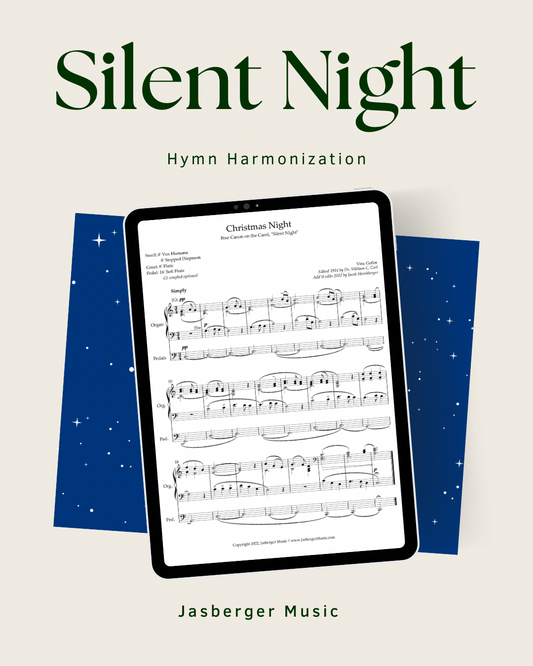
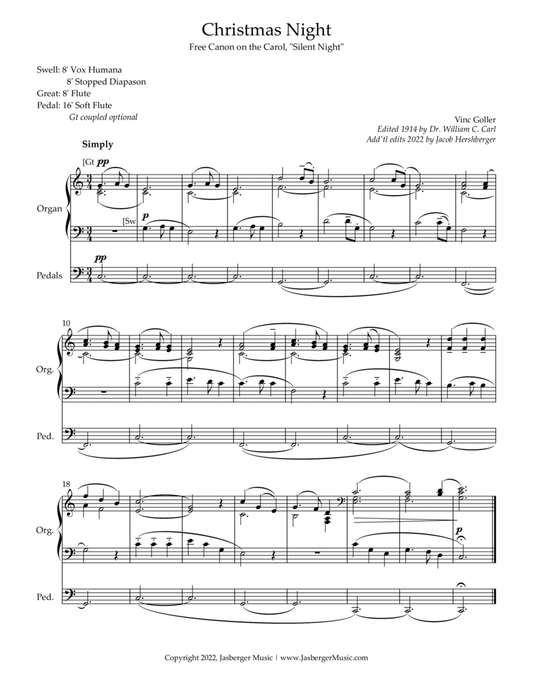
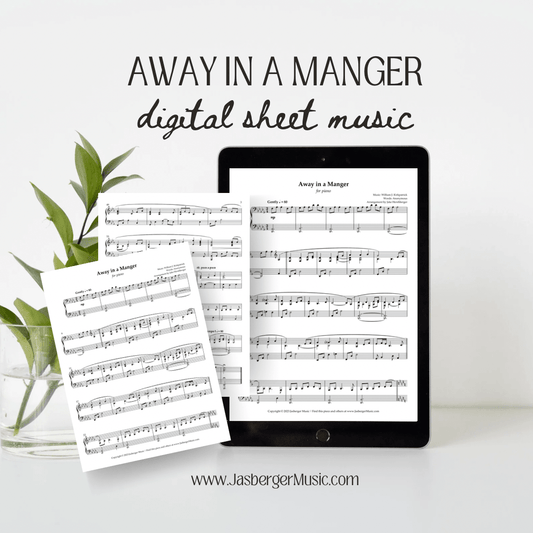
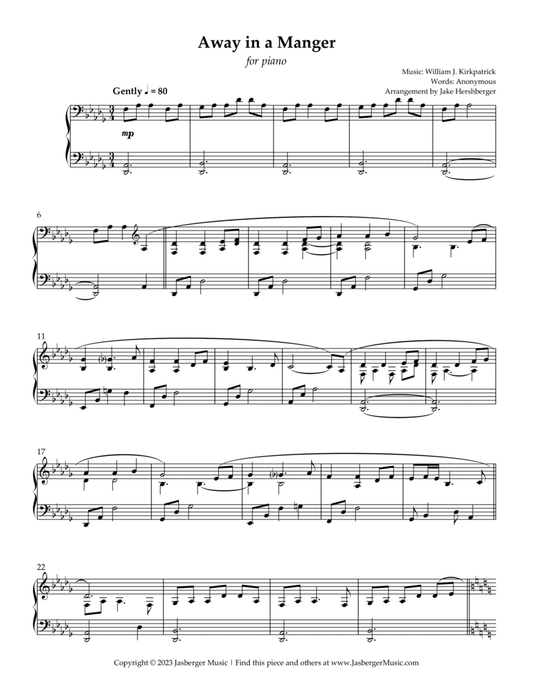

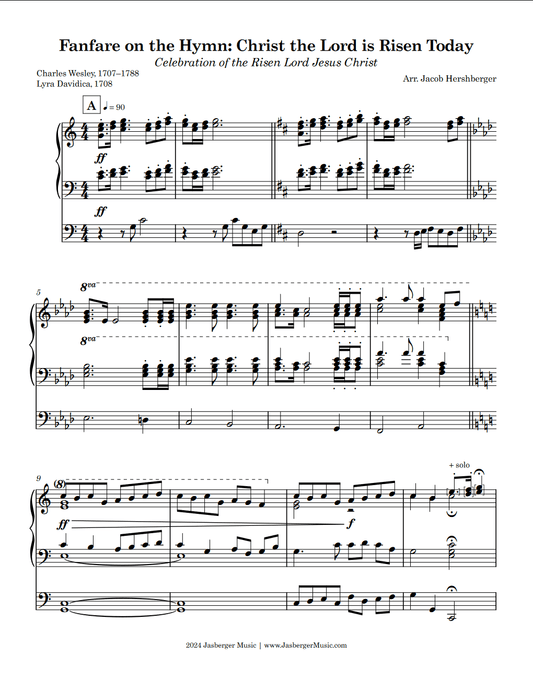

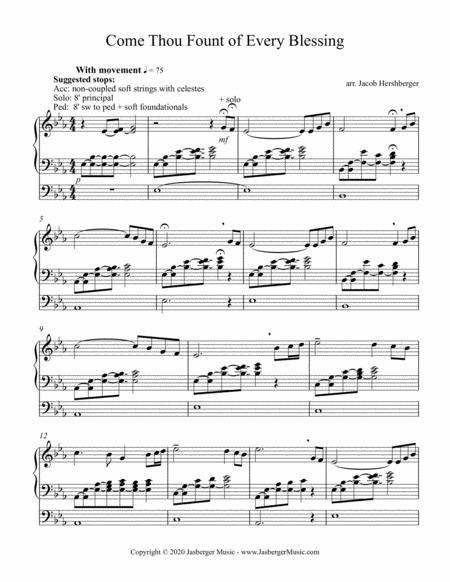

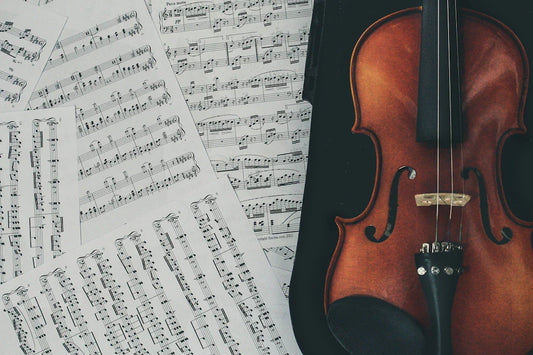

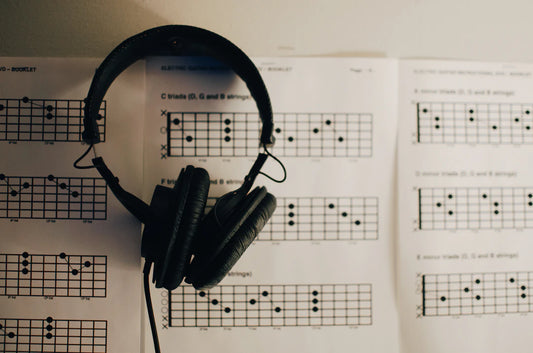


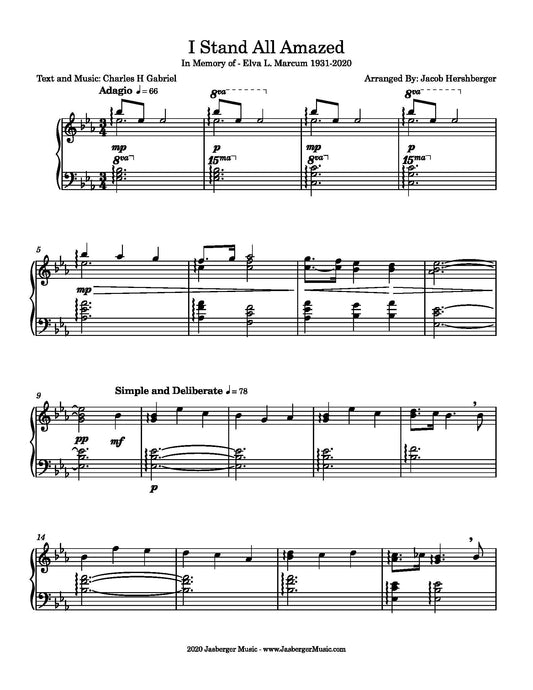
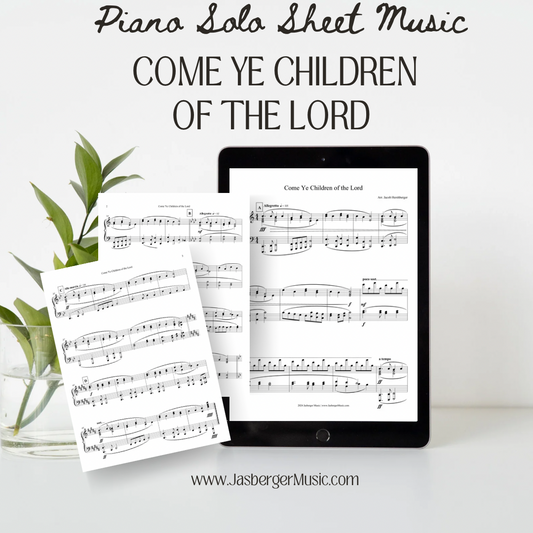
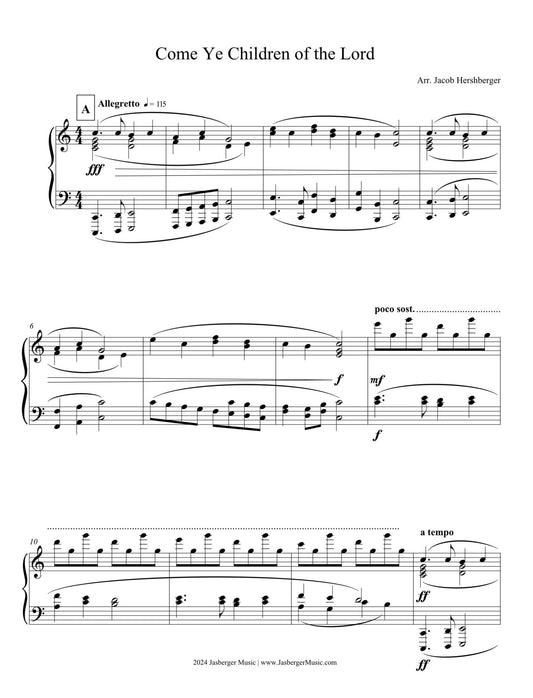
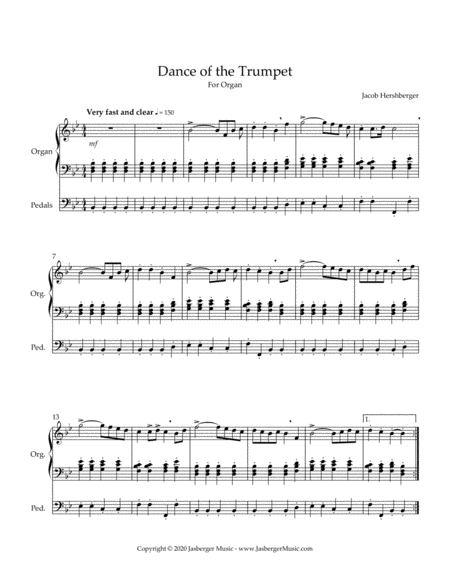
comments